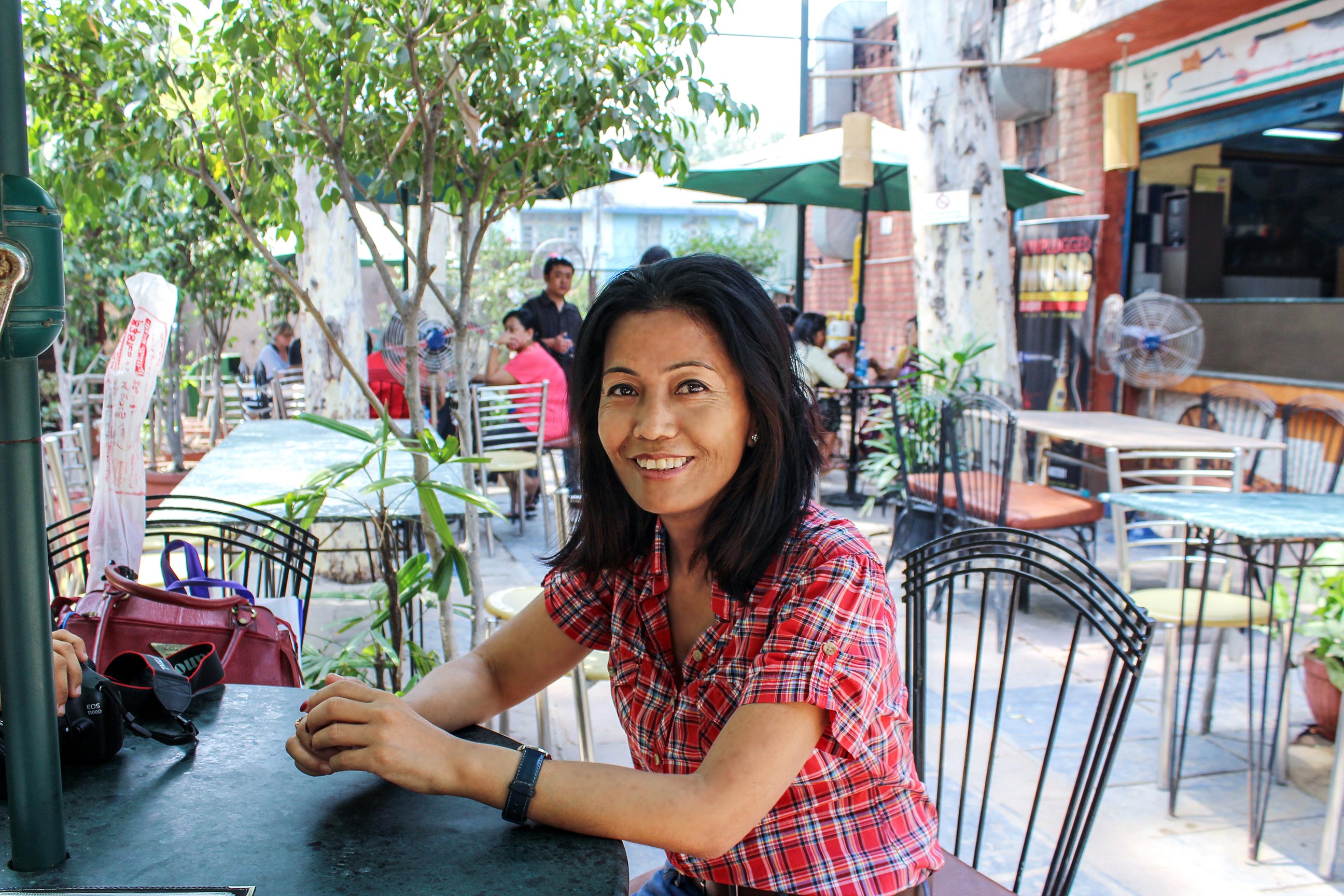Can Mizoram chief minister Zoramthanga bring peace to troubled Manipur?
By NINGLUN HANGHAL
Mizoram chief minister Zoramthanga called on the large gathering at the Zo Kutpui festival in Lamka in Manipur’s Churachandpur district to join him in finding a way for peace. He went on to say that there must be a way out of the complex ongoing peace process with the United People’s Front and Kuki National Organisation — the two underground rebel groups of Manipur. He also asserted that it was time for action and made a passionate speech to walk the talk, as it were.
Going by his words, Zoramthanga appears deeply committed to the task he has been given by Prime Minister Narendra Modi himself — to pave a way for bringing rebel groups, who are still on the run and whose peace dialogues are never ending, to some sort of agreement. He has publicly said that the Centre had wanted his help in negotiating with the various rebel groups in Manipur and the North-east at large. He specifically mentioned that he would be working towards finding a solution to the ongoing dialogue with the UPF and KNO.
The two rebel groups have been engaged in a dialogue with the government since 2016. The UPF and KNO are conglomerates of two ethnic groups of the Zomi-Kuki people, mostly inhabiting Manipur, besides other states such as Mizoram.
While the Centre’s move is laud- able, what remains most perplexing is the role of interlocutors in such peace dialogues. In the North-east, any peace negotiation has involved “go- betweens” and the UPF-KNO dialogue too has AB Mathur as its interlocutor. Now, what is his responsibility, given the fact that the Centre has engaged Zoramthanga? Is this merely a ploy of New Delhi to show that it is making attempts to bring peace in Manipur?
As Zoramthanga frequently referred to peace agreements in the neighbouring states of Assam and Tripura during his Lamka speech, it is high time the Centre or right thinking citizens focus on why the peace talks with rebels in Manipur have not yield- ed results yet. Like most peace talks in the North-east, the UPF-KNO dialogue too has been dragging on for years. The Suspension of Operation was signed in 2008 and a dialogue was initiated only after eight years.
It is amply clear that the UPF- KNO dialogue with the government is facing a dead end. Therefore, what makes Zoramthanga the go-to-person in this regard? The first thing could be his experience as a rebel leader. In his Lamka speech, he made a reference to his “before and after” rebel life. His earlier life did strike a chord with many but by the tone and tenor of his speech, he appeared sincere towards bringing the rebels of Manipur back into the mainstream.
Moreover, Zoramthanga has a sense of “brotherhood” with the Zomi-Kuki group of people in Manipur. He frequently underscored this point during his speech as well. The Zomi-Kuki group in Manipur are one of the ethnic groups of the larger Zo descendants, popularly termed “Zosuante/Zofate”.
According to what Zoramthanga said, he had been able to take some steps with the National Socialist Council of Nagaland groups, in that he could make them actually listen to him. He said he had been able have a “good laugh” with rebel leaders, which is rare. Rebels in Myanmar too had no problems with him, he said.
On the personal front, Zoramthanga appears to be a great ice-breaker and his jovial personality could make the rebels feel at ease. His age, and experience on his side, could also strike a chord. He has a good chance of winning the hearts and minds of the UPF-KNO rebel groups in particular and the wider Zomi-Kuki population in Manipur.
But it is not going to be a smooth ride. In his Lamka speech, Zoramthanga mentioned the various under- lying intra-ethnic tensions. He recalled that the Mizoram peace process too was a difficult journey and that they were literally left alone with no advisors or experienced personalities to support them. That said, the Mizoram peace process was in the 1980s and this is 2020. Situations, time and contexts differ starkly. The challenge will be whether Zoramthanga can put all his energies to bring a solution for his Zo brethren in Manipur. He also categorically stated that no peace deal would affect the territorial integrity of Manipur state.
Quoting Prime Minister Modi, who changed the term “Look East” to “Act East”, Zoramthanga said that to begin with, all underground rebels and civil society representatives are invited for a talk in Aizawl soon after the state budget session. What is worth taking away from the Mizoram chief minister’s Lamka speech is his strong emphasis that those who are unwilling to join him would be “missing an opportunity”. It is amply apparent that he is not going to wait or attempt to cajole them to come to the negotiating table.
Meanwhile, the fate of the ongoing dialogue with Mathur as interlocutor is up in smoke. Zoramthanga’s entry mid-way should not turn it into a “too many cooks” kind of situation. Whatever may be the case, there is an urgent need for peace in Manipur. And it remains to be seen whether Zoramthanga can work his magic.

